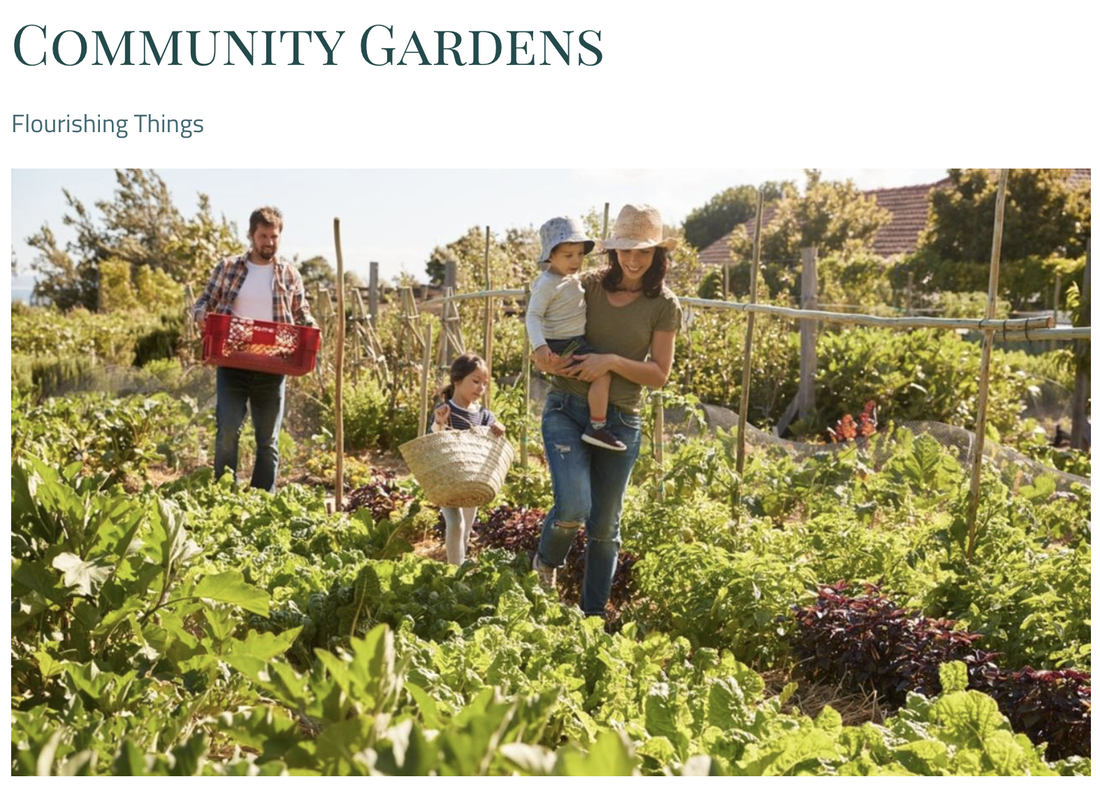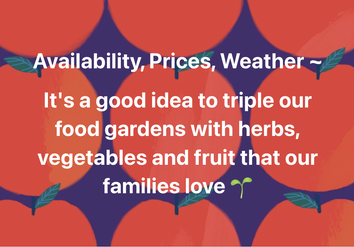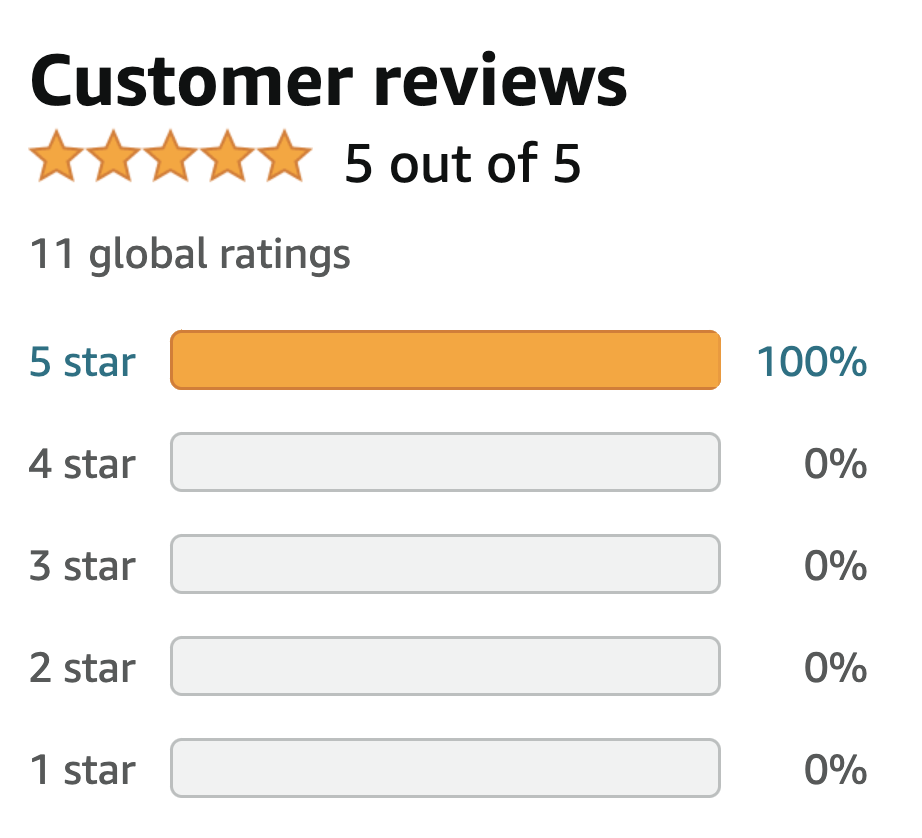Freshness, flavour and nutrition: when you grow your own food, you can be sure that you have access to fresh, tasty and nutrient-rich produce.
Overcoming food insecurity: With the rising cost, scarcity and lack of availability of produce in the shops, households need to prioritise self-sufficiency.
Man-made wars and crop destruction: Conflict and the destruction of crops and land through human greed and violence is a constant problem.
Soil and water degradation: Commercial farming methods often lead to soil erosion, nutrient depletion and water pollution.
Calamitous weather and climate change: The increasing frequency and intensity of natural disasters, as well as efforts to change the weather, pose a major threat to food production.
Economic uncertainty: The likelihood of the economy faltering or even collapsing by the end of 2023 raises concerns about rising costs and reduced access to food.
Natural disasters and chain reactions: The likelihood of major earthquakes and volcanic eruptions can disrupt food supply chains.
GMO and lab-grown food: The proliferation of genetically modified organisms (GMOs) and lab-grown food by billionaires can have long-term consequences for our health and food security. By collecting seeds and growing heirloom varieties, gardeners can preserve traditional, non-GMO crops.
Protecting the environment: Deforestation and unsustainable farming practises are contributing to the decline of bees and other wildlife that play an important role in pollination and pest control.
Community building and health benefits: Growing your own food fosters a sense of community as people come together to share and exchange surplus produce. Gardening also provides an opportunity for physical activity, stress relief and a deeper connection to nature, benefiting both children and adults.







